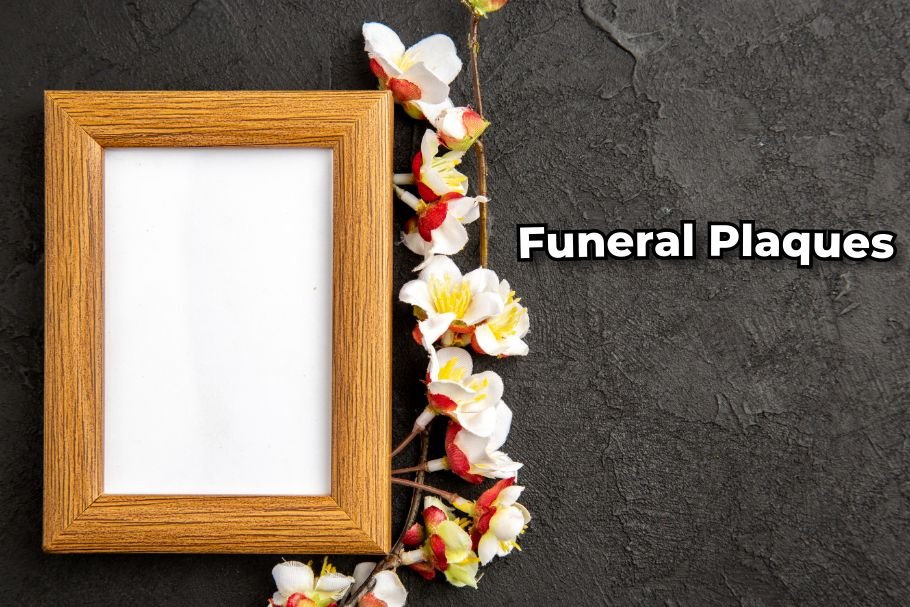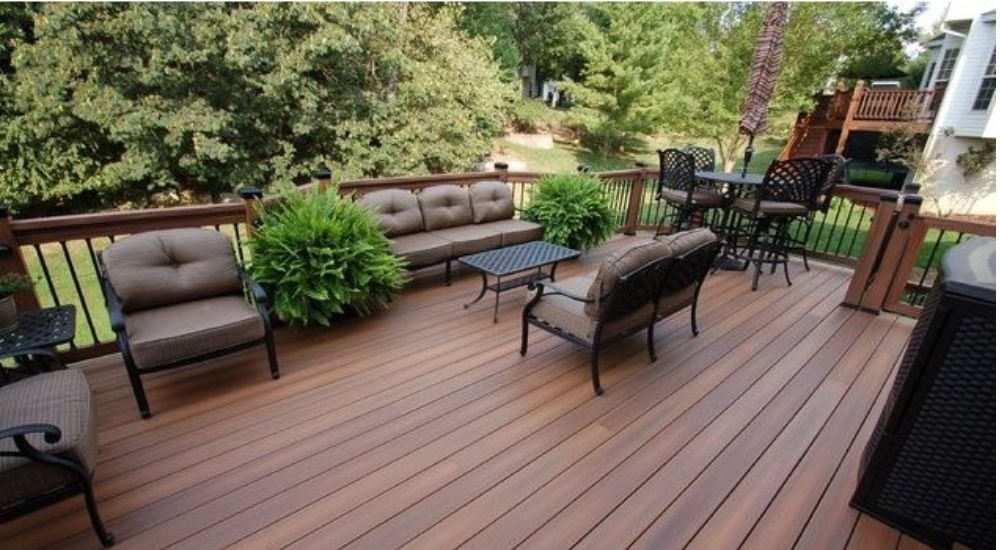Art and Craft of Personalized Funeral Plaques
Losing a loved one is never easy, and finding ways to remember them can bring comfort during the grieving process. One such way is through a personalized funeral plaque. These plaques serve as a lasting tribute, capturing the essence of the person who has passed and providing a focal point for remembrance and reflection.
History of Funeral Plaques
Funeral plaques have been a part of human history for centuries. Originating in ancient civilizations, they were used to mark graves and commemorate the deceased. Over time, these plaques evolved, reflecting changes in materials, artistic styles, and cultural practices. From simple stone markers to intricate metal designs, funeral plaques have always played a crucial role in memorialization.
Types of Funeral Plaques
Traditional Plaques: Traditional funeral plaques are typically made of stone or metal and feature engraved text and symbols. These plaques are durable and timeless, providing a classic look that has been favored for generations.
Modern Plaques: Modern plaques often incorporate contemporary design elements and materials such as glass and composite materials. They may also feature more personalized touches, like custom shapes and integrated photographs.
Digital Plaques: With the advent of technology, digital plaques have emerged. These plaques can display changing images, videos, and even audio recordings, offering a dynamic way to honor a loved one’s memory.
Materials Used
- Stone: Stone plaques, such as those made from granite or marble, are highly durable and resistant to weathering. They offer a timeless and elegant appearance.
- Metal: Metal plaques, often made from bronze or stainless steel, are known for their longevity and ability to hold detailed engravings. They can be polished to a high shine or given a weathered, antique look.
- Wood: Wooden plaques provide a warm, natural appearance and can be carved or engraved with intricate designs. They are often used for indoor memorials due to their susceptibility to weather damage.
- Glass: Glass plaques are sleek and modern, often used to create a sophisticated look. They can be etched with text and images, and some types of glass are highly durable and weather-resistant.
- Composite Materials: Composite materials offer versatility and durability. These can include resins and other synthetic materials that mimic the look of stone or metal but are lighter and often more affordable.
Design Elements
Inscriptions
The text on a funeral plaque typically includes the name of the deceased, dates of birth and death, and a meaningful quote or message. The choice of font and layout can significantly impact the plaque’s appearance.
Symbols and Icons
Many plaques feature religious symbols, cultural icons, or personal motifs that reflect the beliefs and interests of the deceased.
Photographs and Images
Including a photograph or image can add a deeply personal touch to a plaque. Modern techniques allow for high-quality image engraving or embedding.
Artistic Designs
Artistic elements, such as borders, patterns, and decorative motifs, can enhance the overall aesthetic of the plaque and make it unique.
Customization Options
Text can be personalized to include names, dates, quotes, and even poems. The style and size of the font can also be customized. High-resolution images can be engraved or printed on the plaque, allowing for a visual representation of the deceased. Plaques can be made in various shapes and sizes, from traditional rectangles to custom shapes that reflect the deceased’s personality or interests.
Some modern plaques can include QR codes that link to online memorials or embedded items like small keepsakes or mementos.
Choosing the Right Plaque
When choosing a plaque, consider the location, durability, and personal preferences. The material and design should complement the setting and withstand environmental conditions. The plaque should reflect the personality and preferences of the deceased and their family. This might include specific materials, designs, or inscriptions. Custom plaques can vary significantly in price. It’s essential to balance the desire for a beautiful tribute with budget constraints.
Cultural and Religious Considerations
Different cultures have unique traditions and symbols for memorialization. It’s important to respect and incorporate these elements into the plaque design. Incorporating religious symbols or texts can provide comfort and reflect the faith of the deceased and their family.
Popular Trends in Personalized Plaques
There is a growing trend towards eco-friendly plaques made from sustainable materials or those designed to blend seamlessly with natural surroundings. Modern plaques may include technology such as QR codes linking to online memorials or digital displays showing images and videos. Some families choose to collaborate with artists to create unique, one-of-a-kind plaques that serve as both a memorial and a work of art.
Installation and Placement
Plaques can be placed at gravesites, memorial gardens, or even within homes. The location should be easily accessible and meaningful. Proper installation is crucial to ensure the plaque remains secure and intact. Professional installation may be necessary for heavy or complex plaques. Regular cleaning and maintenance will help preserve the plaque’s appearance. Different materials require specific care instructions.
Benefits of Personalized Funeral Plaques
- Emotional Comfort: A personalized plaque provides a tangible connection to the deceased, offering emotional comfort to grieving families.
- Permanent Memorial: Unlike temporary tributes, a plaque serves as a permanent memorial that can be visited and remembered for generations.
- Personal Connection: The customization options allow for a personal connection, making the plaque a unique representation of the loved one’s life and legacy.
Creating a Plaque: Step-by-Step Guide
- Choosing the Material: Decide on the material based on durability, appearance, and budget.
- Deciding on the Design: Select design elements, including text, images, and symbols.
- Finalizing the Details: Confirm all details, including sizes, fonts, and any additional features.
- Ordering and Production: Place the order with a reputable provider and oversee the production process.
Conclusion
Personalized funeral plaques offer a meaningful way to honor and remember loved ones. They provide a lasting tribute that reflects the unique life and legacy of the deceased. By thoughtfully choosing materials, designs, and inscriptions, families can create a beautiful and enduring memorial.
If you gained new insights from this article, explore our blog, Gimkit, for more enlightening content.














Post Comment